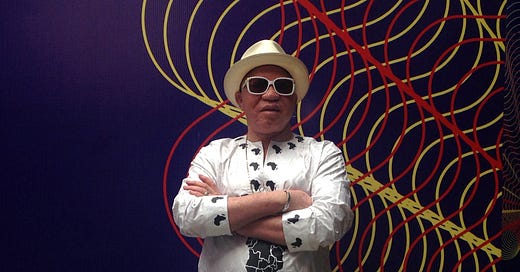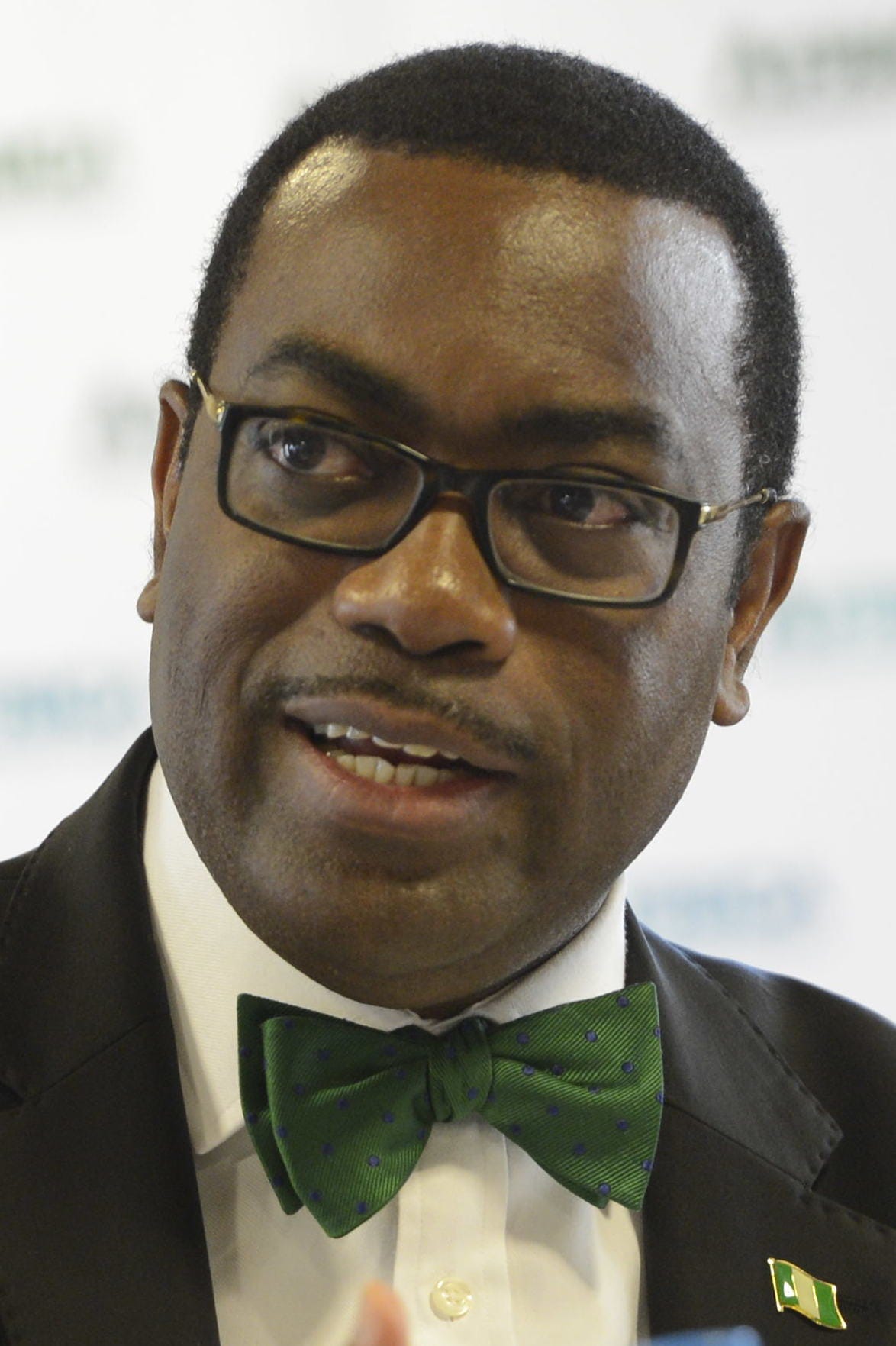
Good morning from… can you guess where? (Answer at the bottom!)
Salif Keïta: The Voice That Refused to Say Goodbye
When Salif Keïta announced his retirement in 2018, the world of African music collectively sighed, nodded in respect… and didn’t believe a word of it. Turns out, we were right. Now 75, the Malian icon with the unmistakable, golden voice is back with a new album (So Kono), a European tour, and absolutely no interest in fitting into anyone’s expectations. Especially his own.
“I wanted to put some distance between me and music,” Keïta says from Bamako, “I was bored, perhaps?” Spoken like a man whose career has defied boredom—and borders—for half a century.
A Royal Outsider
Born into a noble Malian family (the Keïtas trace their lineage back to Sundiata Keïta, the founder of the Mali Empire), singing was forbidden. Nobles don’t sing; that’s for griots. But with albinism marking him as an outsider and music calling louder than tradition, he left his village for Bamako, immersed himself in street life, and found solace in cassettes and clubs.
From the Rail Band, serenading elites at the railway station hotel, to Les Ambassadeurs, where Keïta’s soaring vocals fused Cuban ballads with Manding traditions, his star rose. It was in 1980s Paris that Keïta morphed into an international star. With Soro (1986), produced alongside French virtuoso Jean-Philippe Rykiel, he reinvented African pop. Synths, funk, and tradition collided into a sound that defined “world music” for a generation.
Today, Keïta is as complex as ever: a griot and a dissident, a sage and a firebrand. He’s uninterested in streaming stats, skeptical of democracy as an import, and utterly at home in contradiction. And if So Kono proves anything, it’s this: the golden voice of Africa hasn’t said its last word.
Wish we were in Europe to see him perform!
Cobalt, Copper & Courting Trump: Congo Plays Mineral Chess While China Owns the Board

The Democratic Republic of Congo, long nicknamed the “Saudi Arabia of cobalt,” is trying to remix its role in the global minerals game, and this time, it’s throwing the script straight into the Trump-era shredder. Facing a Chinese industry that’s built everything from mines to motels across its copper belt, Congo is attempting a geopolitical moonwalk: keep Beijing close, but maybe slide a deal over to Trump’s White House too.
Earlier this year, President Tshisekedi hit “pause” on cobalt exports (yes, the cobalt that powers electric vehicles, fighter jets, and every fancy gadget with a lithium battery). China’s CMOC, which now out-produces Glencore, found out about the ban from a Bloomberg alert.
The move was part price control, part political flex. Congo produces 75% of the world’s cobalt, but Beijing sets the global rates. So Kinshasa called a time-out, and made it known it wants more say in the scoreboard.
In a twist few saw coming, Tshisekedi floated a minerals-for-peace deal to Trump’s advisers. The pitch? Give Congo support in quelling rebel-backed chaos in the east, and the U.S. gets first dibs on key metals.
Yet, China has already spent decades embedding itself into Congo’s mining sector. From artisanal depots to mega-mines, casinos to cobalt processors, Beijing has poured nearly $9 billion into infrastructure and built an on-the-ground empire where Mandarin and Swahili mingle at ore counters.
The U.S., by contrast, has ghosted DRC for a few decades now, leaving behind a lot of regret. Now, they’re playing catch-up. Biden made some pledges. Bill Gates and Jeff Bezos threw in a lithium project. Trump’s crew talked up Development Finance Corp. magic. But compared to China’s 80% control of cobalt refining? It's like showing up to a Formula 1 race on a bicycle.
Can Congo Have Its Cake and Control It Too?
Congo’s leadership wants to diversify trade, invite new partners, and control prices without nuking demand or angering Beijing. That’s one delicate diplomatic tightrope act above a pit full of rival superpowers.
Still, Tshisekedi says the goal is clear: Congo must stop being a source of raw stuff for someone else’s revolution… and start owning the value chain.
Will it work? We wait to see. Meanwhile, you can read up more on the landscape by following this link.
Africa’s Optimist-in-Chief Hands Over the Reins
Akinwumi Adesina is stepping down as president of the African Development Bank (AfDB) after a decade of turbo-charged growth. Under his leadership, the bank’s capital more than tripled from $93 billion in 2015 to $318 billion today. His successor will be Mauritania’s Sidi Ould Tah, elected after three rounds of voting and holding 76% of the ballots.
Adesina’s final mic drop? A refusal of handouts, he says in this Guardian interview that’s worth a read. “Aid can’t be on my balance sheet. Benevolence is not an asset class.” His pitch for Africa’s future is crystal clear: investment, not charity.
With Africa home to the world’s youngest population, fastest urbanisation rate, and 10 of the 20 fastest-growing economies, he argues the data and not emotion should be doing the convincing.
He’s also not shy about the raw deal Africa often gets. “We should be impatient with underdevelopment,” he said, pointing to unfair debt risk ratings and tax loopholes that bleed the continent of its natural wealth.
Still, he leaves bullish. “Africa will be the workshop of the world,” he said. “If you’re not in Africa, I wonder where you are.”
Incoming president Sidi Ould Tah now takes the baton. Previously head of the Arab Bank for Economic Development in Africa, Tah says he’ll deepen ties with Gulf states and keep the infrastructure engine running, even as US funding pulls back.
The new boss starts in September. Expect a handover note. And you can read more on what Adesina has to say here.
Food for Thought
“What you sow is what you reap.”
— Cameroon Proverb
And the Answer is…
The photo is taken from Angola! You can also send in your own photos, alongside the location, and we’ll do our best to feature them.






Lovely.